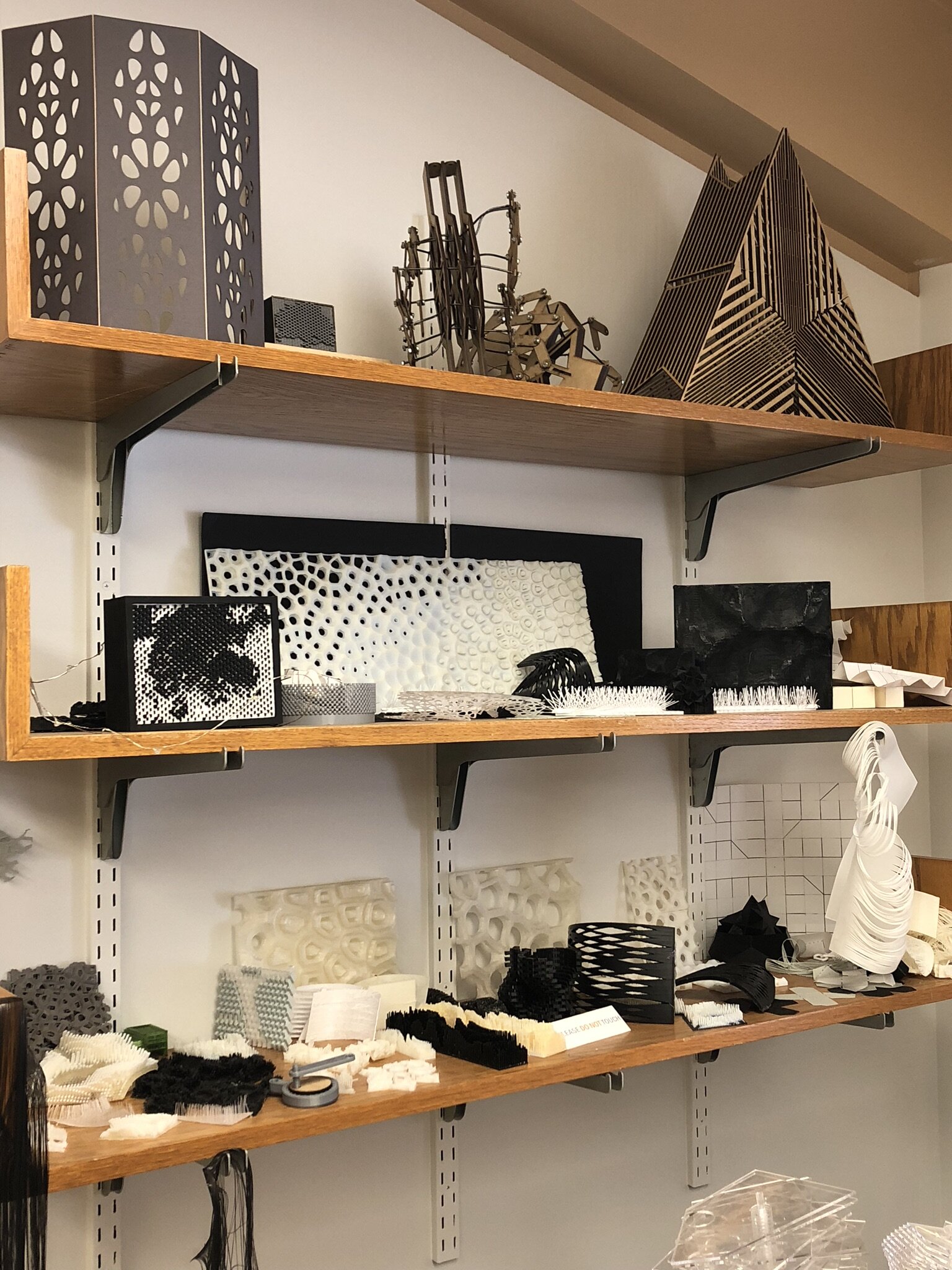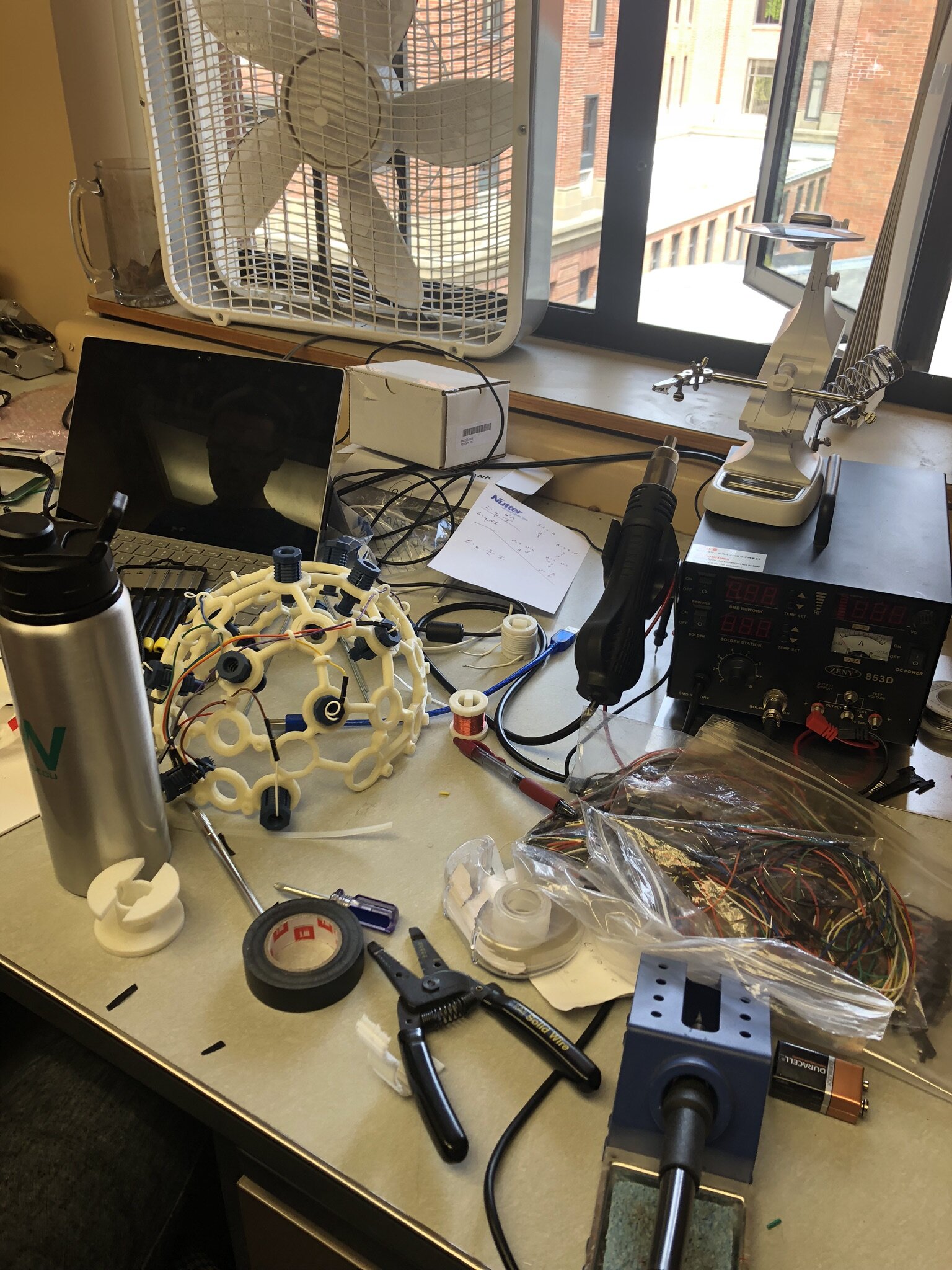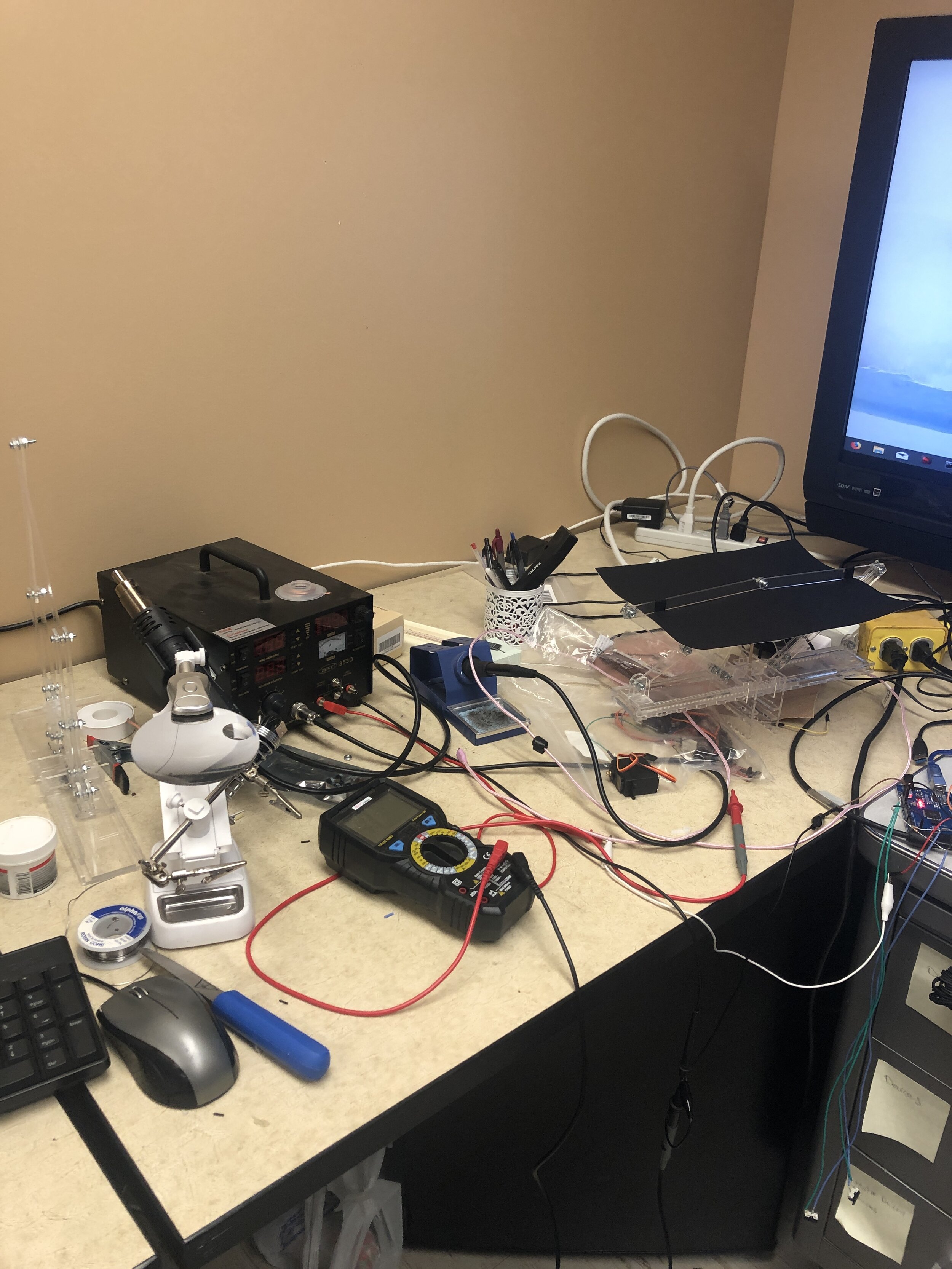





Stable, static, and sedentary; these words often characterize the nature of our surrounding built environment. However, what if we entertain the possibility of an architecture that can possess the qualities of the human state of being; a state of constant change, flux, and adaptation. This is the inquiry posed by the Morphogenesis lab; it serves as the philosophy for its body of work and represents the origins of its name; to “morph,” i.e. to change shape, and “genesis” i.e. the beginning. The name describes a process of thinking that places changes in the form of our physical spaces as a function of adaptation to the fluctuating physiological and emotional needs of the inhabitant. At the root of this process of inquiry lies a singular objective; to reconcile the relationship between humans and architecture, and to redefine this relationship as one of emotional empathy and active compassion.At Morphogenesis, we focus on “Architecture of Emotive Intelligence,” cyber-physical adaptive spaces that can respond to the user’s physiological and psychological needs based on the biological and neurological data. We are examining the role of AI, machine learning, and the smart adaptive environment in improving the sustainability and well-being of our buildings. We are attempting to create spaces that can learn from users’ behavioral patterns in real-time and change the space autonomously based on the users’ needs. This reduces user's anxiety and depression, enhances environmental quality, and promotes more flexible, human-centered designs. These responsive spaces can contribute to users’ and society’s well-being and help people with physical and mental disabilities to have a greater role in shaping their built environment.
This research has and will have significant implications in the medical field, aircraft and car industry, education and cognitive studies, criminology, energy, health and well-being, and psychology. The goal is to blur the lines between the physical, digital, and biological spheres and create cyber-physical spaces that can feel and be controlled by the user's mind and feelings.
Morphogenesis Lab is an interdisciplinary lab working with research in different disciplines such as architecture, interior design, computer science, neuroscience, and material science.
Sponsors
Thus far Morphogenesis Lab is sponsored with the help from:
National Science Foundation (NSF)
WSU Office of Research
WSU Energy System Innovation Center (ESIC)
Autodesk
Institute for Advanced Architecture of Catalonia (IAAC)
Embraer Aerospace Company and Bold Machines.
WSU Office of Commercialization Gap Fund
Mountain West IDeA Clinical and Translational Research – Infrastructure Network (MW CTR-IN)





